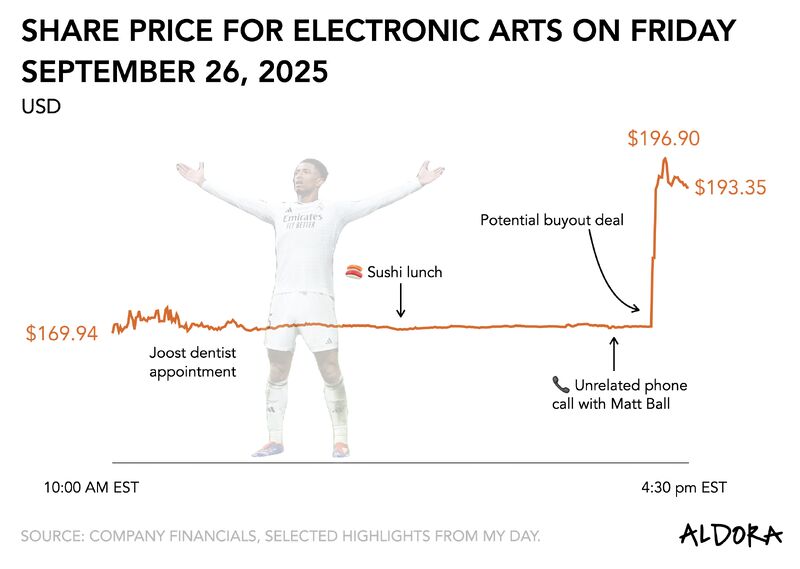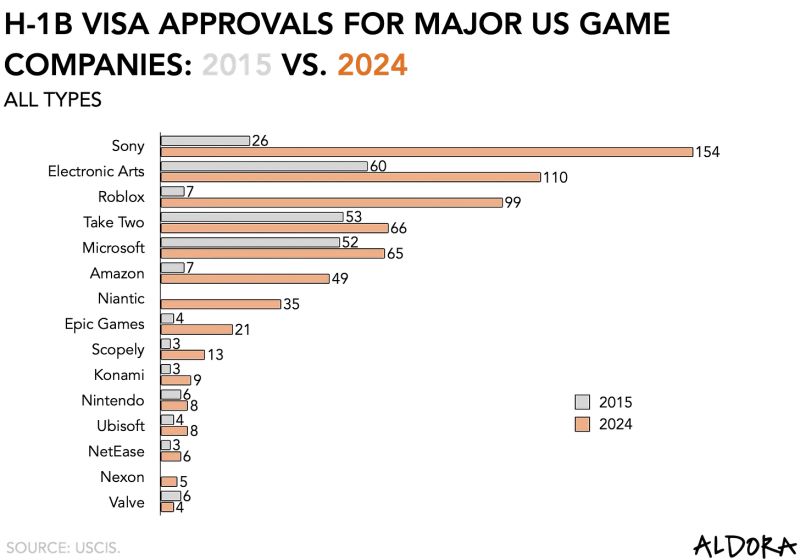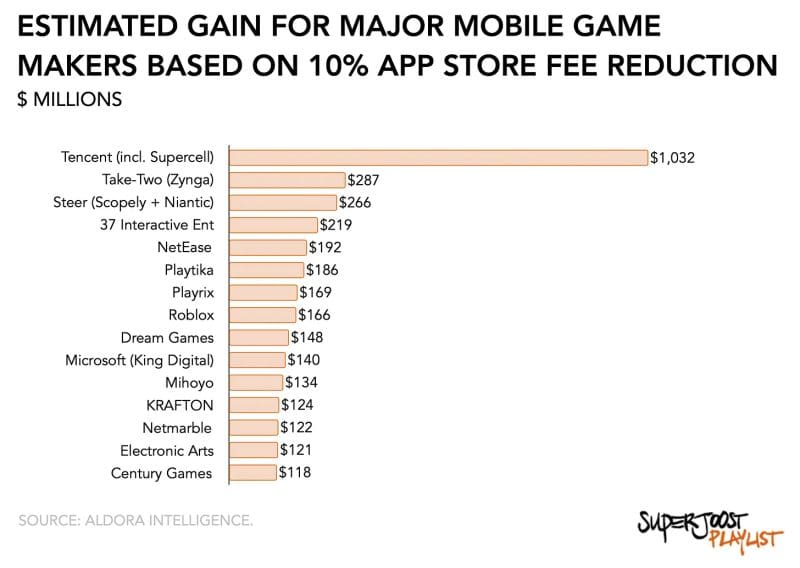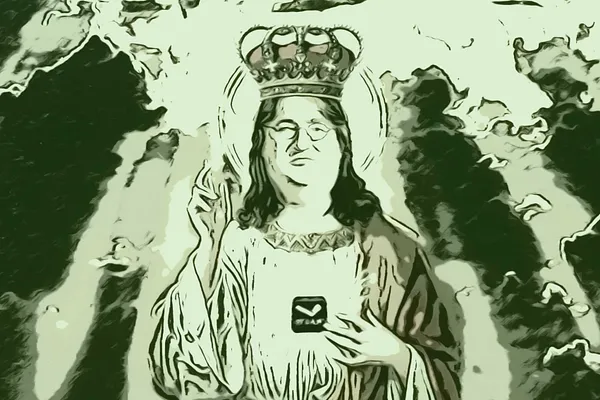Saudi Arabia’s PIF is reportedly acquiring EA for $50 billion.
Saudi Arabia’s PIF is reportedly acquiring EA for $50 billion. That would make it the second-largest gaming deal ever, behind Microsoft’s $69B purchase of Activision Blizzard. EA's share price surged 14% on the news.For context: PIF’s $5B Scopely deal was initially seen as overpaying, until Monopoly Go! generated around $5B in revenue and proved it a bargain. EA would be the crown jewel, but the timing is tricky. Battlefield 6 appears solid, but it will soon face competition for attention from GTA 6. Meanwhile, EA Sports FC has not entirely replaced FIFA’s momentum.The bigger story is capital. GTA V was launched in 2013 with a total budget of $260 million. By contrast, Scopely has reportedly spent $1 billion on marketing alone for Monopoly Go! Competing at that level requires sovereign-scale financing, something only players like PIF can provide.I’ll share a deeper analysis of what this means for EA, investors, and the broader […]









